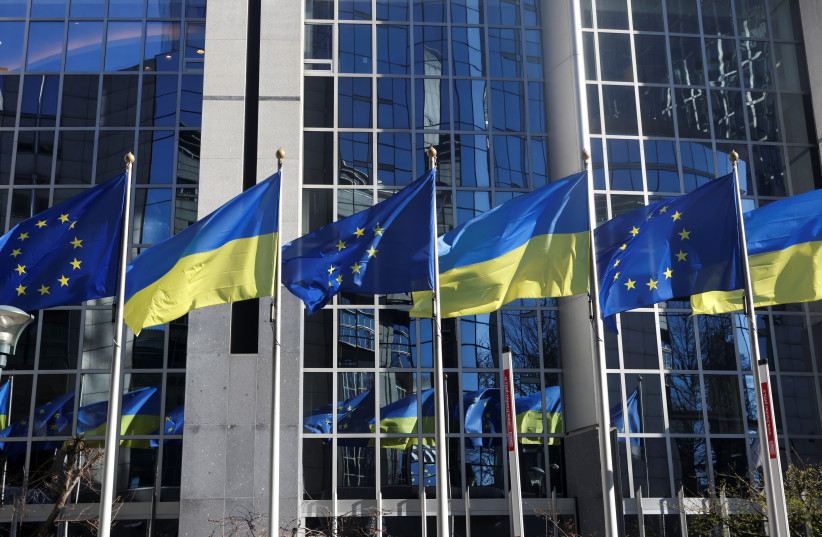The number of Russians entering the European Union has jumped following a partial mobilization ordered by Moscow, and illegal crossings are likely to increase if Russia closes its border for potential conscripts, EU border agency Frontex said on Tuesday.
Following setbacks on the battlefield in Ukraine, Russian President Vladimir Putin announced a partial mobilization on September 21, a move that sent thousands of Russians rushing to cross borders into neighboring countries.
"Over the past week, nearly 66,000 Russian citizens entered the EU, more than 30% compared to the preceding week. Most of them arrived in Finland and Estonia," Frontex said in a statement, referring to the week from Sept 19 to Sept 25.
Frontex said that over the last four days alone, 30,000 Russian citizens had arrived in Finland.
The majority of Russians crossing into the EU hold residence permits, visas or have dual citizenship, it said.

"Frontex estimates that illegal border crossings are likely to increase if the Russian Federation decides to close the border for potential conscripts," the agency said, adding that, in the long term an increase of illegal stays by Russians in the EU was also possible.
The 27-nation EU began discussing on Monday how to treat Russian draft dodgers but has found no agreement so far.
At the end of August, the EU failed to agree on a visa ban for Russian tourists, a move demanded by the Baltic states and some other countries. It decided instead to make it more expensive and time-consuming for Russian travelers to receive a visa to enter the bloc.
On September 19, Estonia, Latvia, Lithuania and Poland pressed ahead alone and started to implement entry restrictions for Russian tourists. Finland plans to introduce similar restrictions.
